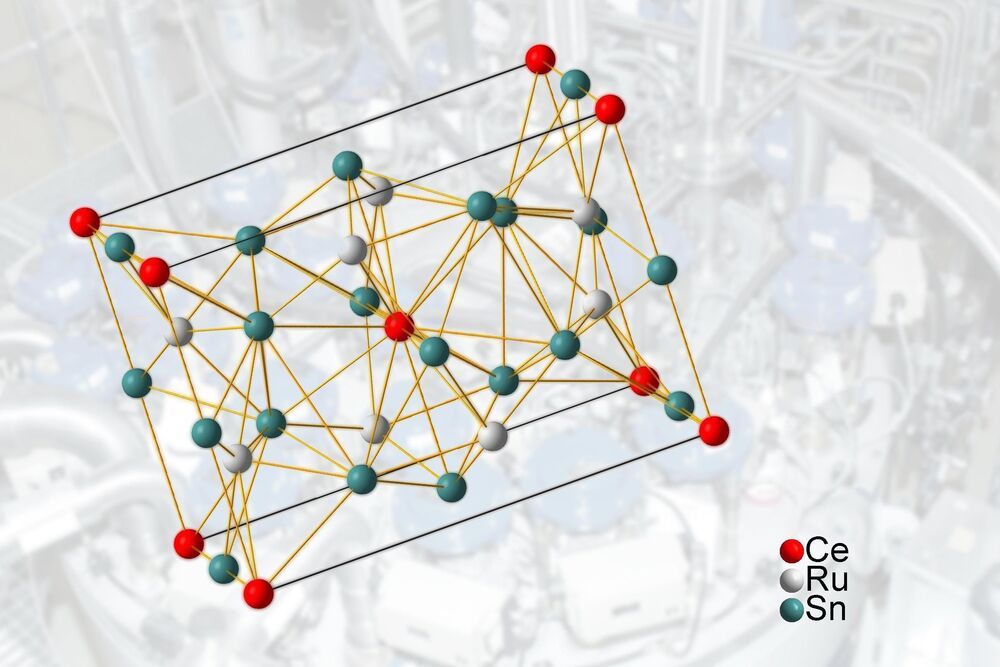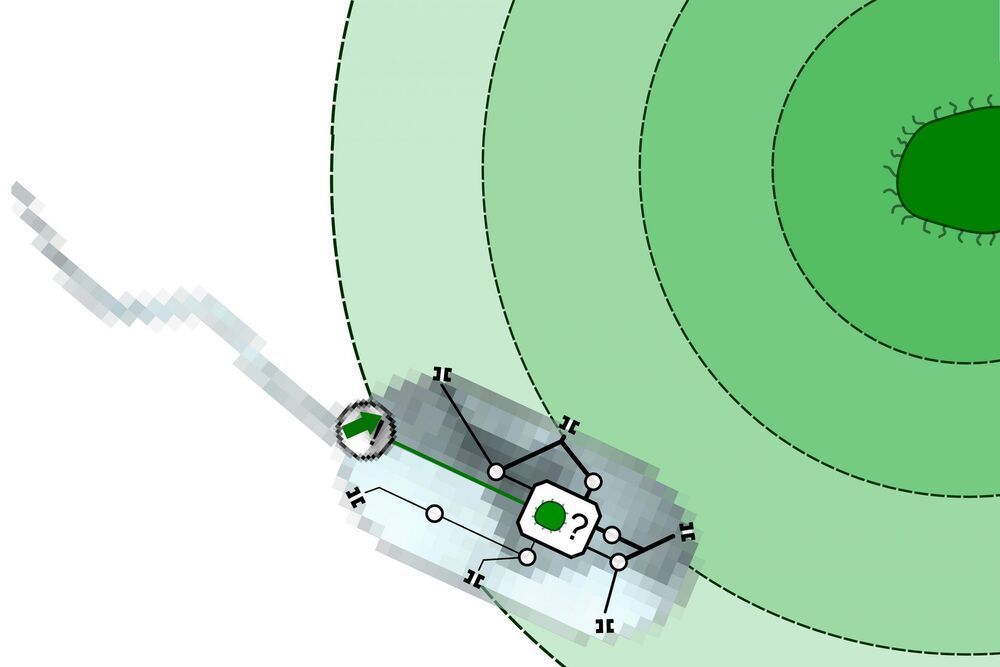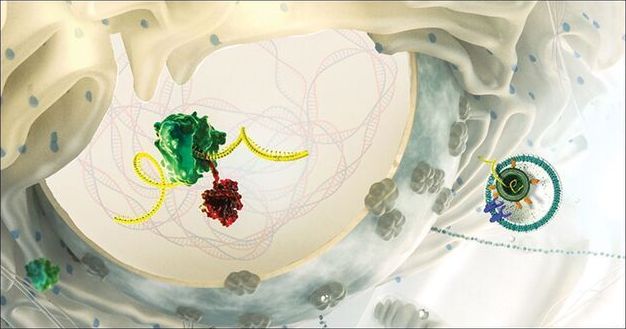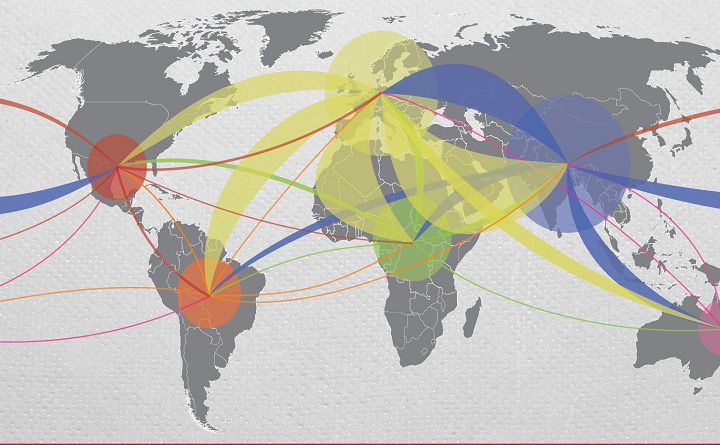
A research team from TU Wien together with US research institutes came across a surprising form of ‘quantum criticality’; this could lead to a design concept for new materials.
In everyday life, phase transitions usually have to do with temperature changes — for example, when an ice cube gets warmer and melts. But there are also different kinds of phase transitions, depending on other parameters such as magnetic field. In order to understand the quantum properties of materials, phase transitions are particularly interesting when they occur directly at the absolute zero point of temperature. These transitions are called “quantum phase transitions” or a “quantum critical points.”
Such a quantum critical point has now been discovered by an Austrian-American research team in a novel material, and in an unusually pristine form. The properties of this material are now being further investigated. It is suspected that the material could be a so-called Weyl-Kondo semimetal, which is considered to have great potential for quantum technology due to special quantum states (so-called topological states). If this proves to be true, a key for the targeted development of topological quantum materials would have been found. The results were found in a cooperation between TU Wien, Johns Hopkins University, the National Institute of Standards and Technology (NIST) and Rice University and has now been published in the journal Science Advances.


















